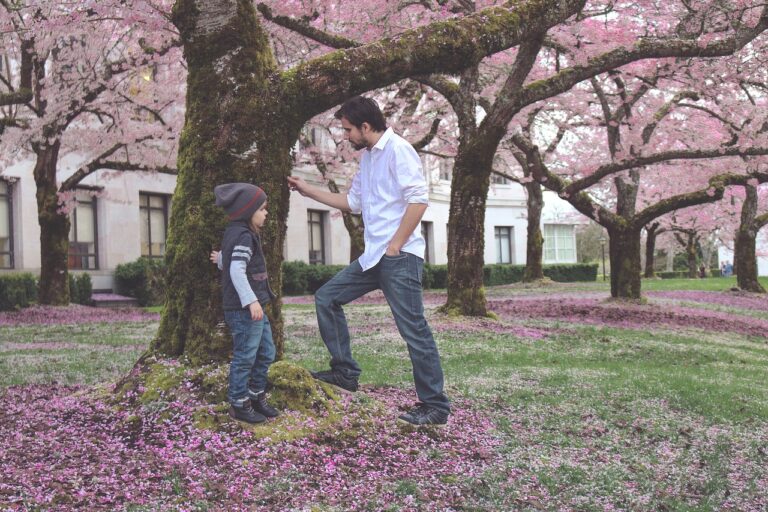The Art of Mindful Parenting: Nurturing Connection and Empathy with Your Children
Mindful parenting involves being fully present and engaged in the moment with your child, without distractions or judgment. It is about cultivating awareness of your thoughts, emotions, and reactions while interacting with your little one. By practicing mindfulness, parents can respond to their children with patience, understanding, and compassion, creating a nurturing environment for growth and development.
Being a mindful parent also means accepting both the joys and challenges that come with raising a child. It involves being attuned to your child’s needs and emotions, and responding to them with sensitivity and empathy. By staying present and connected during interactions with your child, you can foster a deep sense of trust and security, laying the foundation for a strong and lasting relationship.
• Mindful parenting involves being fully present and engaged in the moment with your child
• It is about cultivating awareness of your thoughts, emotions, and reactions while interacting with your little one
• By practicing mindfulness, parents can respond to their children with patience, understanding, and compassion
• Creating a nurturing environment for growth and development is essential in mindful parenting
Being a mindful parent also means accepting both the joys and challenges that come with raising a child. It involves being attuned to your child’s needs and emotions, responding to them with sensitivity and empathy. By staying present and connected during interactions with your child:
• You can foster a deep sense of trust and security
• Lay the foundation for a strong and lasting relationship
Developing Empathy in Parenting
Empathy is a crucial quality to cultivate in the realm of parenting. It involves the ability to understand and share the feelings of your child, which can lead to a stronger bond between you both. By actively listening to your child and acknowledging their emotions without judgment, you can create a safe space for them to express themselves freely.
Incorporating empathy into your parenting style also helps in resolving conflicts more effectively. By considering your child’s perspective and emotions during disagreements, you can approach the situation with understanding and patience. This not only teaches your child the importance of empathy but also strengthens the trust and connection between you and your child.
Building Strong Connections with Your Children
Strong connections between parents and children are vital for creating a supportive and loving family environment. When parents prioritize spending quality time with their children, it fosters a sense of security and trust within the family unit. Engaging in activities together, such as playing games, cooking, or simply having conversations, provides opportunities for parents to bond with their children on a deeper level.
Communication is key in building strong connections with children. It is essential for parents to actively listen to their children, validate their feelings, and respond with empathy and understanding. By encouraging open and honest communication, parents can create a safe space for their children to express themselves freely, which strengthens the emotional bond between them.
What is mindful parenting?
Mindful parenting is the practice of being present and fully engaged with your children without judgment, allowing you to better understand their emotions and needs.
How can I develop empathy in my parenting?
To develop empathy in parenting, it’s important to actively listen to your children, validate their feelings, and try to see things from their perspective.
How can I build a strong connection with my children?
Building a strong connection with your children involves spending quality time with them, showing them love and support, and being a consistent and reliable presence in their lives.







